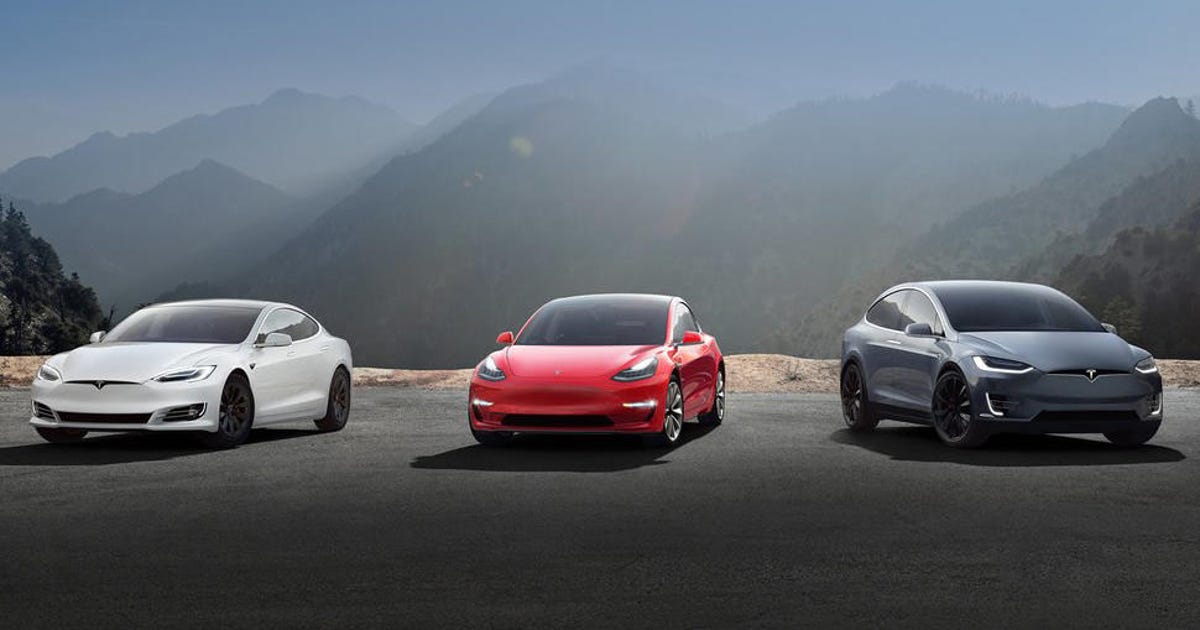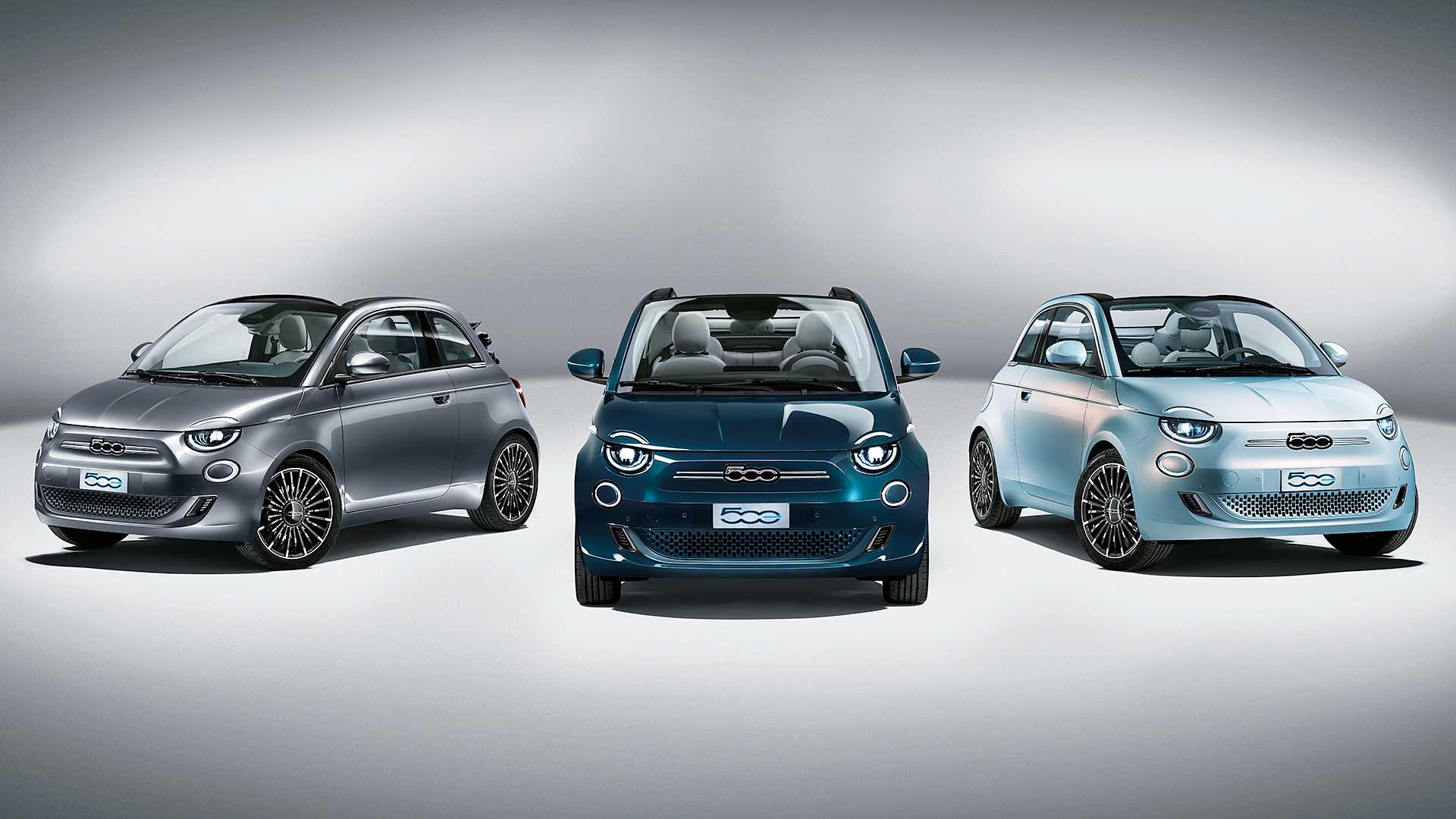When it comes to sales, Tesla is a car company. In the first half of 2018, Tesla sold almost 50,000 cars–that’s more than any other automaker. The problem? Not all of them are models sold by dealers. To understand just how dominant Tesla is in the EV market, we need to understand the difference between selling cars and selling electric vehicles (EVs).
Tesla is a car company that sells electric vehicles, not an EV company that sells cars. In the same way, you can have a steakhouse restaurant or a Chinese takeout place as your sole business instead of just one of many franchises under your umbrella brand, so too should this distinction be made between automakers and EV manufacturers who are only selling EVs versus automakers who are also selling conventional cars alongside EVs in their lineup if they don’t already do so.
How many cars does each automaker sell?
As of the end of June 2018, General Motors was the world’s largest automaker with sales of nearly 9 million units–a lead of more than 2 million units over Tesla. While the world’s largest automaker, GM isn’t the top seller of cars in the industry.
Hyundai-Kia led car sales in the first half of 2018 with 5.8 million units sold. Toyota (3.6 million units), Volkswagen (3.3 million units), Ford (2.9 million units), and Nissan (2.6 million units) round out the top five, with the top 10 accounting for almost 70% of all car sales in the first half of 2018.
How many Model S and Model X EVs has Tesla sold?
Tesla did not publish any data on how many Model S and Model X EVs it has sold since the two were introduced at the end of the year. Tesla has not been the top-selling EV model by unit sales since the Model S was introduced in 2012, with the Model X coming in second place in 2017 (behind the Model S) and the Model 3 EV taking the top spot in 2016.

While Tesla is one of the most popular EV brands in the world, it does not have the largest market share in terms of units sold among all EVs. While Tesla does not break down the number of Model S or Model X EVs that were delivered to customers versus how many were sold, based on Tesla’s stated production numbers, it appears that the number of Model S EVs sold is still significantly higher than the number of Model S EVs that were delivered.
How many have Chevrolet Bolt EV, Ford Fiesta EV, & Toyota Prius Prime sold?
At the end of June 2018, Tesla was the top-selling EV brand in terms of units sold, but Chevrolet Bolt EV was the top-selling electric car in terms of units sold among all models, not just EVs. Between January and June, the Bolt EV sold almost 20,000 units in the United States, putting it ahead of the 17,500 Prius Prime units that were sold.
In total, 25,000 Chevrolet Bolt EVs have been sold in the U.S. through the first half of the year–the vast majority of the 50,000 total cars sold since the Bolt EV launched in December 2016. At the end of June, Tesla was still the top-selling EV brand in terms of units sold, but it had fallen to second place among all other manufacturers.
Ford was second for the first half of the year, selling more than 17,000 Fiestas since their launch in August 2016. Toyota was in third place among all other manufacturers, selling more than 16,000 Prius Prime units since December of last year.
How many have Nissan Leaf, BMW i3, & Volkswagen e-Golf sold?
At the end of June, the Nissan Leaf was the top-selling EV in the U.S., selling more than 45,000 units since the first Leaf launched in December of 2010. The Leaf has fallen to second place in sales since the first half of last year, with the BMW i3 taking the top spot.
At the end of June, more than 10,000 BMW i3s had been sold in the U.S. since the model’s launch in December 2013. The Volkswagen e-Golf was the third top-selling EV in the U.S. in the first half of 2018, selling more than 13,000 units since its launch in July 2016.
How many have Renault Zoe, Fiat 500e, & Hyundai Ioniq Electric sold?

At the end of June, the Renault Zoe was the fourth top-selling EV in the U.S., selling more than 10,000 units since the model launched in December 2016. The Hyundai Ioniq Electric was the fifth top-selling EV in the U.S. at the end of June, selling more than 8,000 units since the model’s launch in December 2016.
Final Words
Tesla is in many ways an outlier in the automotive industry, although it is still an important player. Indeed, for many consumers, the choice between a Tesla and a gas-powered car comes down to the choice between an all-electric vehicle and one that runs on gasoline.
And that’s fine, as long as we keep Tesla in context and don’t treat them as an EV company. EVs as a whole is growing in popularity and have the potential to disrupt the auto industry. Tesla, as the most recognized name in the industry, can be used as a point of comparison for all-electric vehicles, but it’s important to not lose sight of the bigger picture.













